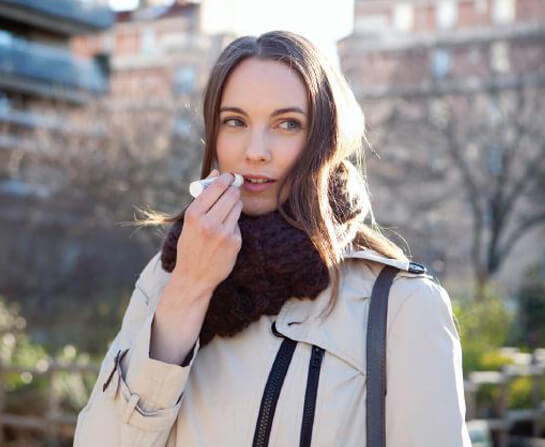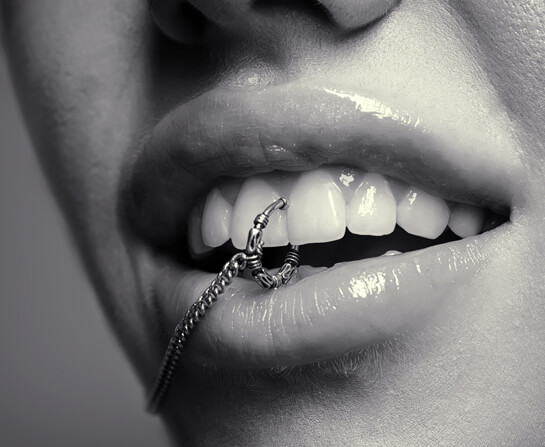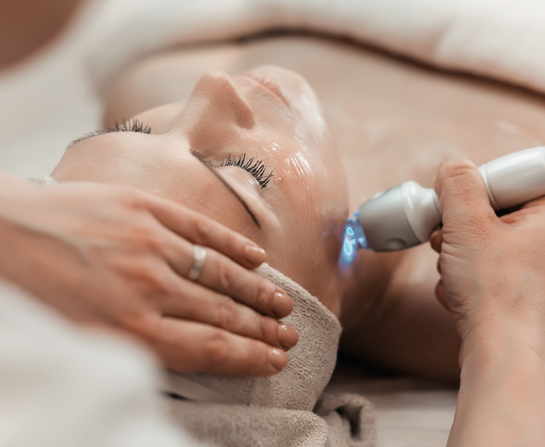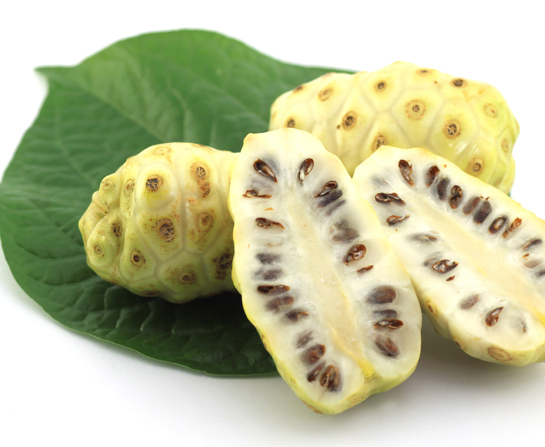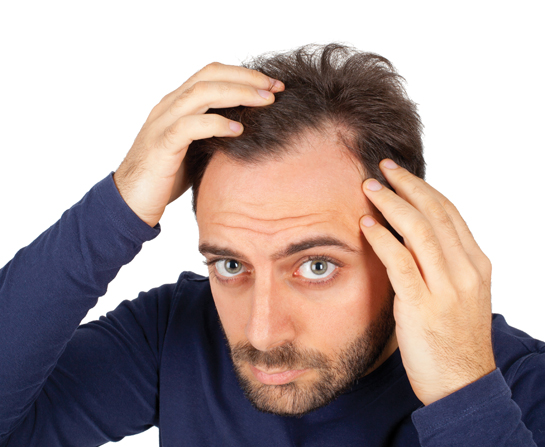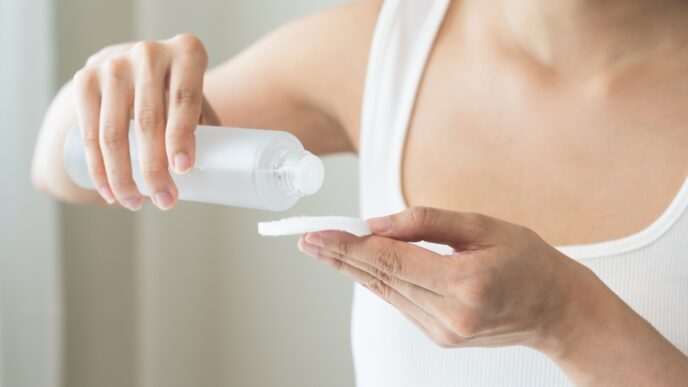First discovered in the 1980s, epidermal growth factor (EGF) is a polypeptide that is naturally found in body fluids such as urine, saliva, breast milk, and blood plasma. EGF can be useful in addressing skin ageing because of its regulatory effect on tissue repair of the skin epidermis.
WORDS DR SIEW TUCK WAH
 FEATURED EXPERT FEATURED EXPERTDR SIEW TUCK WAH Medical Director Radium Medical Aesthetics |
Epidermal growth factor (EGF) functions by binding to epidermal growth factor receptors of the cells of the epidermis, setting off a cell signaling cascade that will result in cell renewal and wound repair.
However, as you reach your late twenties, the levels of EGF in your body start to sharply decline.
This in turn results in a slower rate of skin repair.
Your skin starts to get less resilient, and signs of skin ageing starts to set in.
A reduction in skin quality results in:
- Loss of skin elasticity and loss of radiance resulting in dull crepey skin
- Skin that is prone to pigmentation issues such as age spots and persistent acne marks
HOW EGF CAN HELP WITH AGEING SKIN
Consistent use of EGF products can help to restore your skin barrier, promote skin elasticity, and thus improve the quality of skin.
Studies have shown that topical application of EGF alone can help to promote skin rejuvenation by stimulating fibroblast proliferation and increasing collagen production.
- One possible route of EGF entry into the skin is through hair follicles and sweat glands.
- Chemical modification of EGF with molecules with an affinity to fats (lipophilic molecules) can also help to improve penetration of growth factors into the skin.
To further enhance EGF penetration into the skin, experts also suggest topical application after undergoing procedures such as microneedling or laser resurfacing.
SHOULD YOU INCLUDE EGF INTO YOUR SKINCARE ROUTINE?
While sunscreen, antioxidants, and retinols still form the holy trinity in skincare, EGF is a useful as it aids in the production of collagen and elastin in your skin.
Not only does it increase the thickness of your skin, it improves skin hydration in order to give your skin a more youthful appearance.
Unlike retinoids, EGF does not cause skin irritation and hence is suitable even for sensitive skin.
How to Use EGF
- Most skincare experts recommend applying EGF as the first step of your skincare routine.
- You should apply EGF when your skin is still damp.
- Tap lightly until it is fully absorbed by your skin, before layering on other skincare products.
Important Note
- For best results, avoid pairing EGF products with alpha hydroxy acids (AHAs) or vitamin C, as the acidity of these products can cause EGF to break down.
- If you have AHAs or vitamin C in your skincare routine, you can consider alternating between them and EGF or applying one during the day and the other one during the night.
| This article is part of a series that take a scientifically proven look at aesthetics and beauty. |



